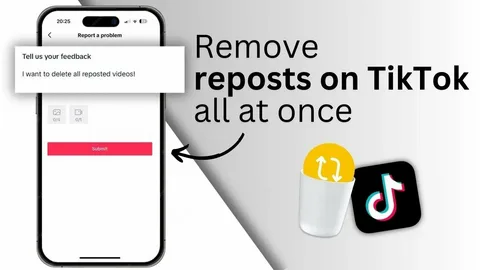Google’s November 2024 Update on Reputation Abuse
Summary
- Introduction of the Policy:
- Google updated its spam policy in November 2023 to combat site reputation abuse.
- Targeted manipulative practices where third-party content exploited host site ranking signals.
- Why the Update Was Needed:
- Large sites like Forbes and CNN ranked for irrelevant queries using external vendor content.
- This practice deprived smaller, expert sites of visibility and misled users.
- Policy Highlights:
- Publishing third-party content for ranking manipulation is now a clear violation.
- Covers partnerships like white-label services and licensing agreements.
- Evaluates sub-sections of sites as independent entities to ensure fair rankings.
- Impact of the Policy:
- Large Websites: Decreased rankings for irrelevant affiliate content sections (e.g., Forbes Advisor).
- Small Publishers: Gained visibility, promoting niche expertise and user-focused content.
- Additional Measures:
- Google evaluates site sub-sections independently to avoid unfair benefits from site-wide signals.
- Focus on delivering search results based on relevance and quality.
- Challenges Noted:
- Loopholes may allow manipulation through claimed authorship.
- Adapting to new standards can be tough for smaller publishers in competitive niches.
- Large publishers may shift to paid advertising, indirectly benefiting Google.
- Google’s Goals:
- Improve search experiences by prioritising genuine expertise.
- Promote a fairer digital ecosystem for all publishers.
Google November Update on Reputation Abuse: A Turning Point for Search
In November 2023, Google introduced an update to its spam policy, focusing on Site Reputation Abuse. This update tackled manipulative practices where third-party content exploited the ranking signals of host sites, often leading to irrelevant content dominating search results. This move aims to enhance the search experience and ensure fairer rankings based on content quality and relevance.
Why Did Google Launch This Update?
For years, certain authoritative websites leveraged their established reputation to boost third-party content. These websites, including well-known names like Forbes and CNN, allowed external vendors to publish content under their domain. The intent was to exploit the website’s ranking signals, enabling irrelevant or low-quality pages to rank higher in search results than they otherwise would.
This practice misled users by prioritising authority over relevance. For example, a query like “best pet insurance” often surfaced content from generalist websites rather than niche experts. Such practices not only compromised user experience but also marginalised smaller, specialised websites.
Google’s Updated Policy: A Closer Look
The updated Site Reputation Abuse policy, clarified in November 2024, explicitly targets third-party content published to exploit ranking signals. Key aspects of the policy include:
- Third-Party Content:
- Publishing content from third parties to manipulate rankings is now a clear violation, even if the host site claims oversight or involvement in content production.
- Types of Violations:
- The policy covers a range of first-party involvements, including white-label services, licensing agreements, and partial ownership arrangements.
- Independent Sections:
- Google’s systems now treat independent or starkly different sections of a site as standalone entities. This prevents sub-sections from benefiting unfairly from site-wide signals.
Impacts of the Policy
Large Websites
Websites like Forbes and CNN faced immediate consequences. Their affiliate-heavy sections, such as Forbes Advisor, saw diminished rankings for various keywords. For instance, searches for “best pet insurance” began favouring specialised providers over generalist content, aligning with the update’s focus on expertise and relevance.
Small and Medium Publishers
Smaller, niche websites emerged as beneficiaries. By levelling the playing field, the update allowed genuine experts to regain visibility. This shift incentivised the production of high-quality, user-focused content and restored opportunities for niche publishers to compete effectively.
Google’s Additional Measures
Beyond addressing reputation abuse, Google enhanced its ability to evaluate site sections independently. By treating different parts of a site as separate entities, Google ensures that rankings are merit-based rather than reliant on a parent site’s authority. This approach also prevents manipulative practices where unrelated content benefits from site-wide ranking signals.
Challenges and Considerations
- Loopholes:
- Some sites may attempt to claim full authorship of third-party content to bypass the policy.
- Adaptation:
- While smaller publishers benefit, adapting to the new standards remains challenging, particularly in competitive niches.
- Advertising Shift:
- Large publishers, affected by organic ranking losses, may increasingly rely on paid advertising, indirectly benefiting Google.
Google’s Commitment to Fair Search
This update underscores Google’s dedication to improving search experiences. By curbing exploitative practices and promoting genuine expertise, it enhances the credibility of search results. For website owners, the message is clear: focus on creating high-quality, user-centric content to succeed in the evolving digital landscape.
Google’s Site Reputation Abuse policy represents a significant shift towards fairer search rankings. As this update continues to shape the digital ecosystem, its long-term impact will likely redefine the standards of quality and relevance in search.




Post Comment